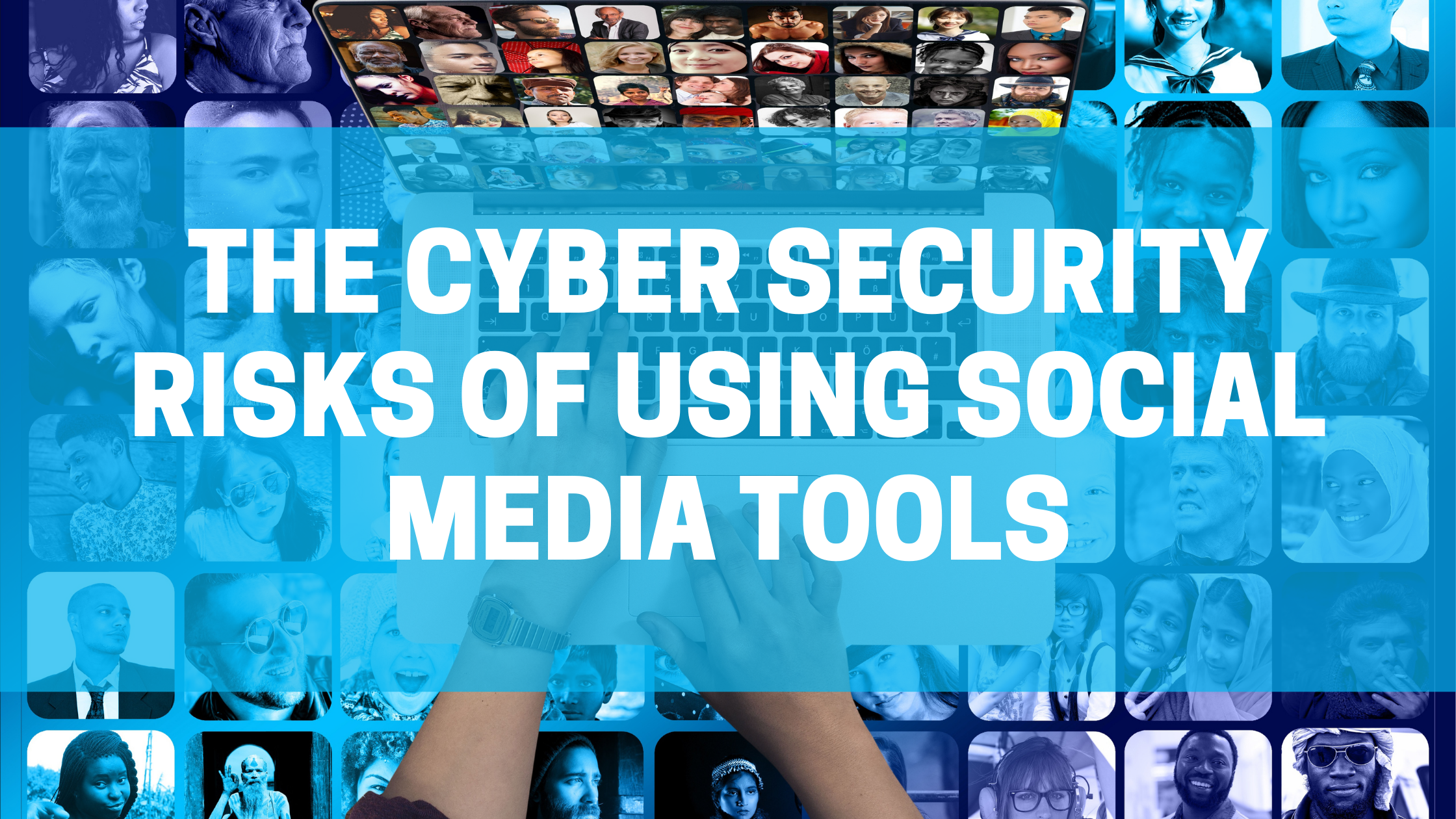Why You Shouldn't Allow Personal Email or Social Media on Company Devices
Cybersecurity for companies has become an increasingly important aspect of business security with...
By: Chris Schalleur on Mar 9, 2022 6:50:00 PM

Promoting your brand on social media is getting common, which is why all major brands have their social media presence. Staying active on social media demands using specific social media tools.
Increased social media activities invite a cyber threat to the social media accounts of major brands and businesses. Hackers are now switching their target from the company’s databases and servers to their social media accounts.
Other than hacking attempts, certain errors within an organization are further raising the cyber security risks of using social media tools, which are:
Even though phishing is an old-school method of hacking visitors’ data, it’s still prevalent. Hackers are often found creating fake phishing pages, trying to steal the data from the visitor’s computers.
Hackers predominantly use phishing pages of popular businesses and brands since they have a high number of monthly visitors on their websites. As a result, people falling victim to phishing attempts will develop a negative image of that business in their minds.
Phishing victims never understand that they’ve fallen victims to hackers and not the actual business entity. Ultimately, the business is at a loss since they’ve not only lost one potential customer but have also earned an unwanted negative review of that customer.
It’s the duty of every business organization to take utmost care of their customers and visitors, so they don’t fall prey to phishing attempts.
Businesses hire social media managers who work as a team to keep social media accounts active and up-to-date. At the end of the day, these managers are still employees of the organization who’re bound to make mistakes.
For instance, incorrect content uploading, inappropriate comments on a particular post, etc., are common mistakes that most social media managers make.
The reputation of the business organization is on the line, and errors on an employee’s behalf can hurt the reputation.
Moreover, when a business launches a new product or service, links to those products are shared on social media to gain more customers. It has been observed that employees upload incorrect links, which might be broken or redirect users to a wrong destination page.
Cyber attackers can always take advantage of such faults, financially hurting business organizations.
Cyber attackers often create fake social media pages to gain likes and followers that were initially intended to be for the actual business organization. Several reputed and well-recognized brands have duplicate social media pages that create confusion between the followers.
As a result, less tech-savvy users end up liking and following incorrect social media pages, which keeps them deprived of getting the latest and genuine information about the business. Moreover, such people following a fake social media page often fall prey to clicking on the harmful link that can steal their data.
The primary intention of fake social media pages is to steal the data of the visitors by tricking them into clicking harmful links. Since global brands and businesses have millions of followers, cyberattackers have a large pool of potential victims who’ll end up following a fake page on social media.
Cybersecurity for companies has become an increasingly important aspect of business security with...
Criminals are using Quickbooks Database Files as currency. Reports showing QB data, including...
Ransomware attacks are constantly making news headlines. However, the stories you hear often focus...